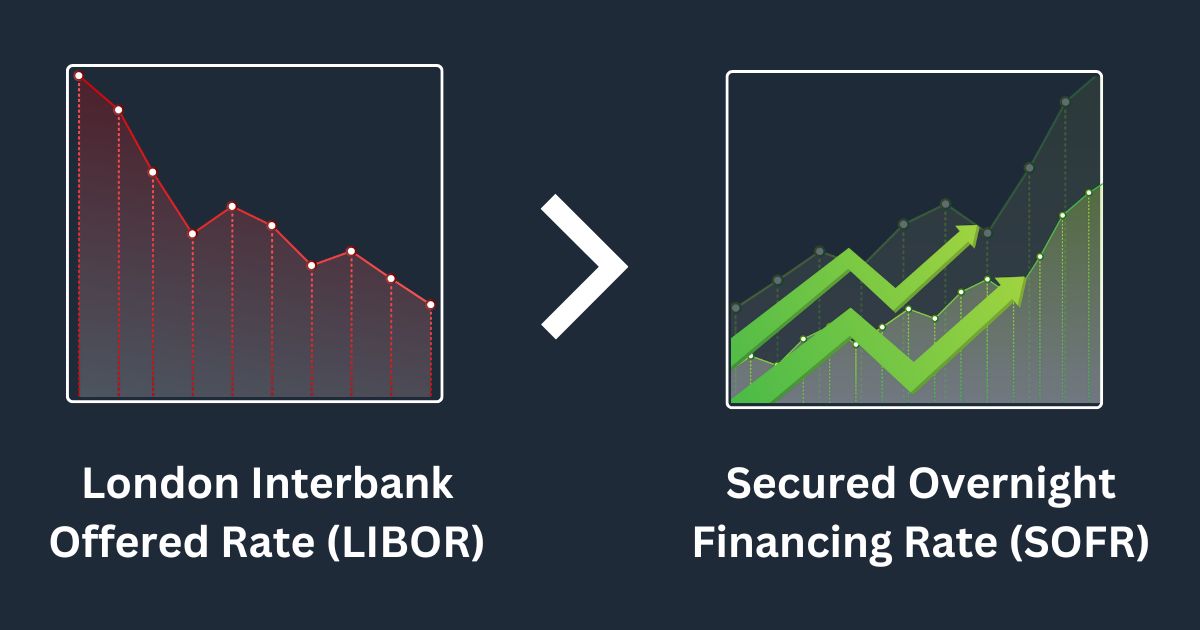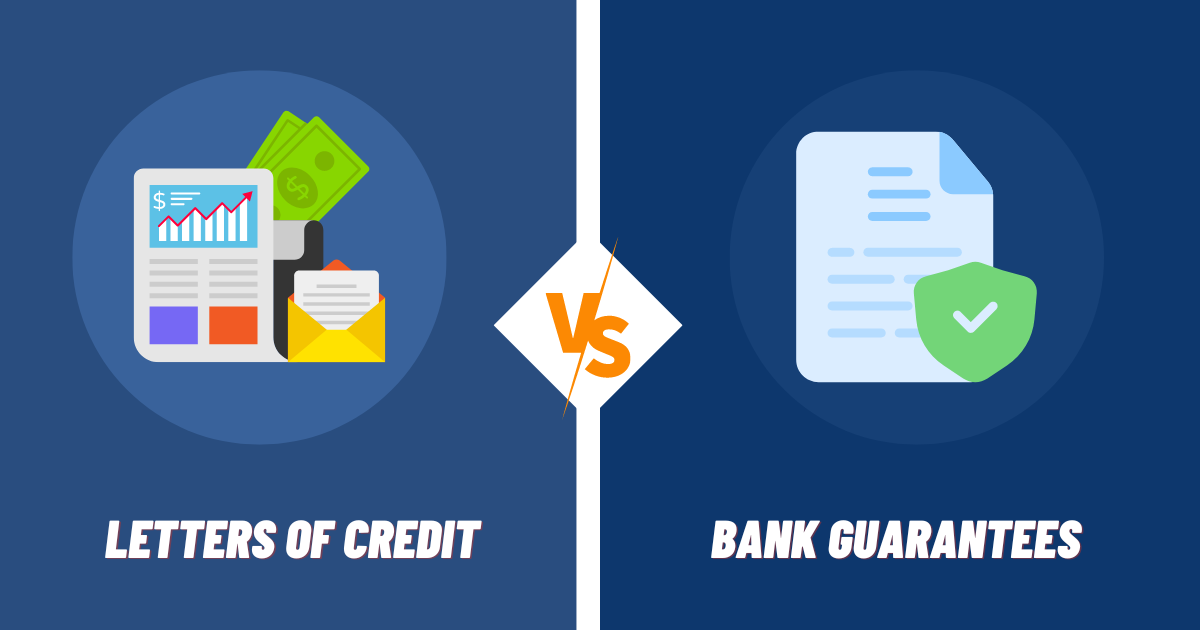In the world of business, building a strong credit profile for a business loan approval is an essential step towards securing the financial support needed to fuel your company’s growth.
If you’re trying to grow your business or are just starting out, having a solid credit history may make all the difference in the world when applying for business loans. But where do you begin? How can you ensure that your creditworthiness is at its peak?
Step into a world where timely payments and prudent credit utilization hold immense power. Discover how to keep your credit score soaring by meticulously managing your financial obligations and keeping your credit utilization well below the recommended threshold.
Uncover the secrets to diversifying your credit accounts, embracing a harmonious blend of revolving and instalment loans, and capitalizing on the advantages this diversity brings.
In this comprehensive guide, we bring you a compilation of expert advice and practical tips to help you navigate the intricate realm of building a formidable business credit profile. We’ve sifted through various authoritative sources to curate the most effective strategies that will not only optimize your loan eligibility but also pave the way for favorable borrowing terms.
What is Business Credit Profile?
A business credit profile is a comprehensive overview of a company’s creditworthiness. It encompasses the company’s credit history and payment track record. Cultivating a positive credit profile can unlock gazillion advantages for businesses in their pursuit of financing
A strong business credit profile increases the likelihood of a business loan approval and enables access to large funds. Additionally, it helps businesses to get more favorable interest rates. Since lenders assess a business’s creditworthiness and repayment ability based on its credit profile, it becomes crucial for businesses to ensure that they take steps to increase their credit profile proactively.
7 Best Tips to Build a Strong Credit Profile for Business Loan Approval

1.Registering Your Company
Registering your business as a legitimate entity, such as a private limited company, partnership firm, or LLP, can offer significant advantages. It ensures a clear demarcation between your business credit and personal credit. This streamlines the process of establishing and maintaining your business credit profile.
By formally registering your business, you create a distinct identity that separates it from your personal finances. This demarcation is important as it protects your personal credit history from any potential setbacks from your business activities.
Suggested Read: 7 Types of Company Registration In India
2.Keeping your Business Credit Profile Updated and Free of Errors
Registering your business and getting a business credit profile isn’t enough, it is also important that you maintain the accuracy of information on your business credit profile. There are chances that disputes in your business credit profile might appear.
This makes business to avail business loans challenging. If you find any errors or mistakes in your business profile, contact a business credit reporting agency and resolve the dispute.
3.Differentiating Personal and Business Credit Expenditures
Ensuring a clear separation between personal and business credit expenses is of utmost importance for the financial health of any business. By maintaining a clear distinction between these two, business owners can effectively manage their finances and cultivate a favorable credit profile.
To achieve this separation, it is important to separate accounts for personal and business transactions. This entails using different bank accounts and credit cards for each domain. If you do that, you can accurately monitor your business-related expenses without intermingling with personal finances.
4.Emphasizing Credit Utilization
Credit utilization represents the proportion of available credit that a business is currently utilizing. The level of credit utilization plays an important role in determining the financial health and creditworthiness of a business. High credit utilization is generally seen as a red flag, indicating a higher risk of default.
As a general principle, business owners should ensure that their credit utilization is below 30%. It means, out of all the available credit businesses should utilize only 30% at any given time. When businesses maintain a low credit utilization, they demonstrate they are managing business debts responsibly. This not only enhances their creditworthiness but also increases their chances of availing of low-interest terms.
5.Pay your Installments on Time
Making timely instalment payments is a powerful tool for building a strong credit profile. It showcases your ability to responsibly manage your financial commitments by consistently paying your instalments or EMIs on time.
Credit, essentially, is a mutual understanding between you and a lender, where you acquire a product, service, or financial access and commit to reimbursing them later. Therefore, when the due date arrives for your instalments, ensure timely payment. Embracing this fundamental principle is pivotal to credit-building success.
Suggested Read: Advantages and Disadvantages of GST: Updated[2023] | OneNDF
6.Forging a Strong Relationship with Your Lender
When the time comes to seek financing, establishing strong connections with lenders who are well-acquainted with your business becomes paramount.
Having a lender who is familiar with your operations and financial situation puts them in a better position to assess your eligibility for financing and provide you with more favorable interest rates and terms. Building these relationships is key to securing the financing you need on favorable terms.
7.Establish credit with vendors and suppliers
Improving credit score of your business’s credit can be achieved by establishing credit with vendors and suppliers. To begin, consider requesting a switch to a net 30-day payment term instead of making upfront cash payments.
With a net 30-day arrangement, you’ll have a 30-day window to settle the invoice after receiving it. By adhering to this payment schedule, you showcase your financial responsibility and enhance the likelihood of securing larger financing opportunities down the line.
Suggested Read: MSME Advantages and Disadvantages | Updated List [2023]
Final Words
When embarking on a business venture, building a strong credit history is paramount in establishing a favorable credit record. This foundation is crucial when seeking loans or lines of credit, as it not only facilitates approval but also paves the way for more favorable contract terms for your company.
Utilizing a business credit card specifically for your digital marketing expenses can be a strategic move to boost your company’s credit score. By doing so, you showcase your financial responsibility and dedication to the growth of your business, demonstrating to lenders and partners that you are a reliable steward of your finances.
You may Also Like our this articles also:
- What is SSI? Small-Scale Industries Explained
- 70+ Best RBI Approved Loan Apps In India [2023]
- Fake loan app list: 500+ apps you should avoid at any cost
- 15+ Most Profitable Best Wholesale Business Ideas in India
FAQs
How do I write a business profile for a bank loan?
Creating a compelling business plan for a loan application requires the inclusion of key elements:
- Cover Page and Table of Contents
- Executive Summary
- Company Description
- Market Plan and Analysis
- Organization and Management
- Service or Product
- Marketing and Sales
- Financing Analysis
- Funding Request
What are the 5 C’s of lending?
When evaluating the creditworthiness of borrowers, lenders use various methods. One commonly used framework is the five Cs, encompassing the following factors:
- Character
- Capacity
- Capital
- Collateral
- Conditions
What is a strong credit profile?
A credit score of 700 and above is considered good. Most businesses have credit scores in the range of 600 to 700.
What are the 5 P’s of credit?
Since the inception of formal credit, lenders have relied on 5 P’s
- People
- Physical Cash
- Premises
- Processes
- Paper
What do banks look for in a business plan?
Your business plan is that aspect of your business that banks will use to assess your capacity, collateral, character and character. You need to make sure that your business plan is simple enough for banks to get a deeper understanding of your business. This builds credibility.
(Disclaimer: The information presented in this blog post is intended for educational purposes only and should not be construed as financial advice. It is always advisable to seek the guidance of a qualified financial professional for personalized advice regarding your credit profile and loan applications.)
















